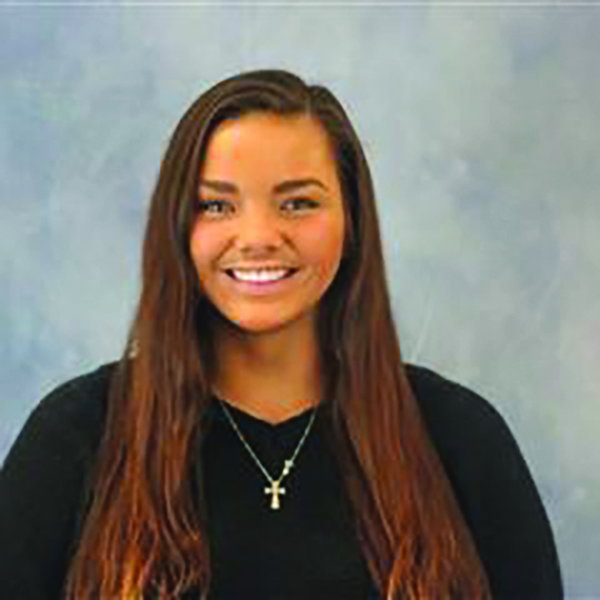Coordinating survivorship care plans is an integral part of cancer care. When the Froedtert and Medical College of Wisconsin (F&MCW) Cancer Network experienced challenges in implementing survivorship care plans, it created a brand-new medical role—survivorship data coordinator (SDC)—to “initiate case findings for eligible patients, track patients completing treatment, notify physicians and advanced practice providers to populate the survivorship care plan, and schedule survivorship care plan appointments.”

As an SDC, I select patients who are eligible for a survivorship care plan, then I compile the plan with the necessary information about their disease and cancer journey. At F&MCW, each SDC is responsible for certain disease groups. In my current role, I work with patients with breast and gynecologic cancers and sarcoma.
An SDC joins a patient’s care team at the very beginning, typically after their first consultation, but the patient likely doesn’t even know we exist. We don’t interact with patients, but we are there for every step of their cancer journey. Initially, I collect information regarding a patient’s diagnosis, including their cancer stage and any identified biomarkers noted on their pathology report. Then I closely follow each patient throughout treatment and update their file appropriately. From radiation to surgery, SDCs record every treatment received to ensure that a patient’s survivorship care plan contains all of their essential details.
My main contacts are a patient’s oncology nurses. I work closely with nurses specifically to ensure that a care plan has been delivered and to touch base with them about our mail/call list, which we use to verify addresses and mail patients copies of their plan. Nurses will call their patients and walk them through the care plan, then they document that meeting in the patient chart for me to count.
Outside of the RN team, I rarely communicate with other members of the cancer care team, although I present the survivorship process, including year-end data, to our Breast Steering Committee, the National Accreditation Program for Breast Centers, and the Commission on Cancer. My contact with patients is also minimal, but I provide educational pieces to survivors about adjusting to life beyond cancer.
The SDC role is an amazing addition to a patient with cancer’s life. Even after surviving or completing cancer treatment, patients will always have a history of cancer, but the data and information collected on their survivorship care plan can help them obtain high-quality health care in the future. Whether they are relocating to another area, establishing new care with a new team, or seeking support for long-term effects, the accurate documentation SDCs provide for their survivorship care plan will always be with them.






